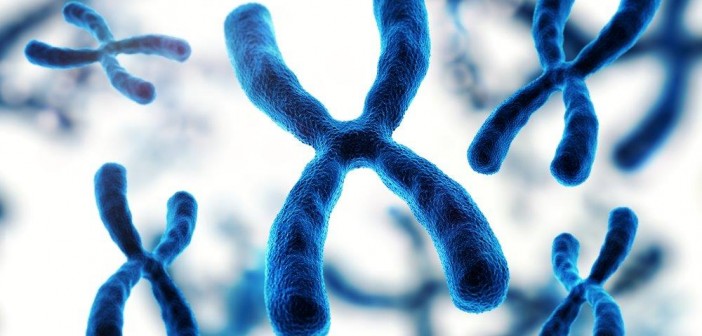A recent paper from the laboratory of Hudson Freeze, PhD, characterizes 39 previously unreported cases of a specific type of congenital disorder of glycosylation (CDG). CDGs, the focus of research in Freeze’s lab in SBP’s Sanford Children’s Health Research Center, are rare inherited disorders. CDG symptoms, which can include developmental delay, movement problems, and impaired function of multiple organs, differ depending on the underlying mutation.
CDG patients are deficient in glycosylation, a process that attaches sugar chains to proteins. Sugar chains are often essential for protein function, explaining the widespread nature of symptoms in these diseases.
“Documenting this large number of cases may raise awareness of CDGs among clinicians, which could make them more likely to contact an expert if they come across a patient with consistent symptoms,” explained Bobby Ng, research assistant in the Freeze lab and first author of the study.
Published in the journal Human Mutation, the paper focuses on ALG1-CDG, in which the gene for the enzyme ALG1 is mutated. This research identified 26 new mutations, using a yeast model to confirm that each impairs glycosylation.
Two of the mutations characterized were associated with especially early death—one within five months and the other within 28 months. However, some individuals included in this study have much less severe impairments and health problems.
“These results change our understanding of ALG1-CDG in multiple ways. Rather than being extremely rare, it’s now the third or fourth most common CDG. We also now know that it doesn’t always cause early lethality—many affected individuals are already in their teens and twenties,” Freeze said.
The paper is available online here.
